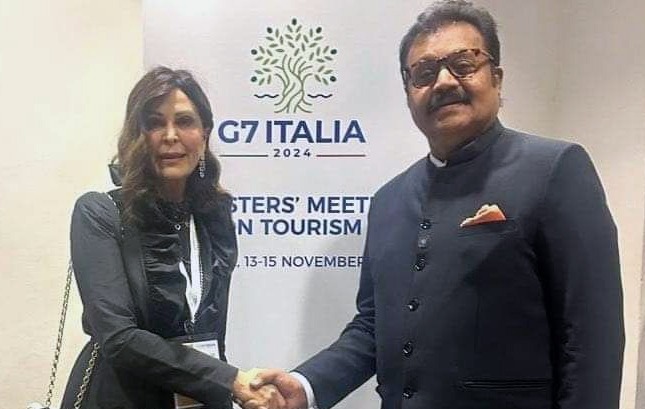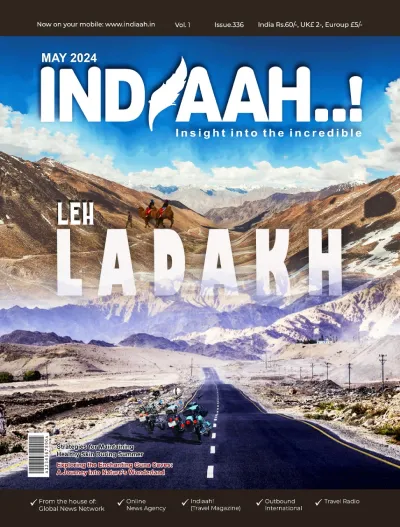
The inaugural G7 Tourism Ministers’ meeting began in Florence, Italy, from November 13-15, marking a historic milestone in global tourism collaboration. The meeting, held in the iconic Michelozzo Courtyard of the Palazzo Vecchio, brought together tourism leaders from the G7 nations to discuss the future of the tourism sector.
Minister of Tourism Daniela Santanchè of Italy opened the event, welcoming fellow ministers and delegates from around the world. Among the prominent attendees were Soraya Martinez Ferrada, Minister of Tourism of Canada, Hubert Gambs, Deputy Director-General for Internal Market, Industry, Entrepreneurship and SMEs of the European Union, Marina Ferrari, France’s Minister of the Economy and Tourism Delegate, Dieter Gerald Janecek, Federal Coordinator for Maritime Economy and Tourism of Germany, Naoya Haraikawa, Commissioner of the Japan Tourism Agency, Robert Specterman Green, Director of Media and International Affairs at the UK Department for Culture, Media and Sport, and Alex Lasry, Deputy Assistant Secretary of Travel and Tourism for the United States.
The discussions during the sessions focused on the evolving challenges and opportunities facing the tourism industry. Key topics included adapting to technological advancements, promoting environmental sustainability, and addressing social equity within the sector. The ministers also explored strategies to maximize tourism’s economic impact, create jobs, and foster cultural exchanges between nations.
Minister Santanchè emphasized the importance of Italy’s role as the host nation in initiating this critical dialogue. “Tourism is a vital pillar of global connectivity and a key driver of economic recovery. This G7 meeting is a crucial step toward creating a more sustainable, inclusive, and resilient tourism industry,” she said, reinforcing Italy’s commitment to international cooperation in shaping the future of tourism.
As the tourism sector faces rapid change, the G7 nations collectively agreed to address pressing challenges, including overtourism, climate change, and the digital transformation of the industry. This historic meeting marks a renewed political commitment to harness tourism as a tool for sustainable development, cultural preservation, and inclusive economic growth.
The outcomes of the G7 Tourism Ministers’ meeting in Florence are expected to set the stage for long-term cooperation, ensuring that tourism continues to play a pivotal role in global economic and social development in the years to come.


